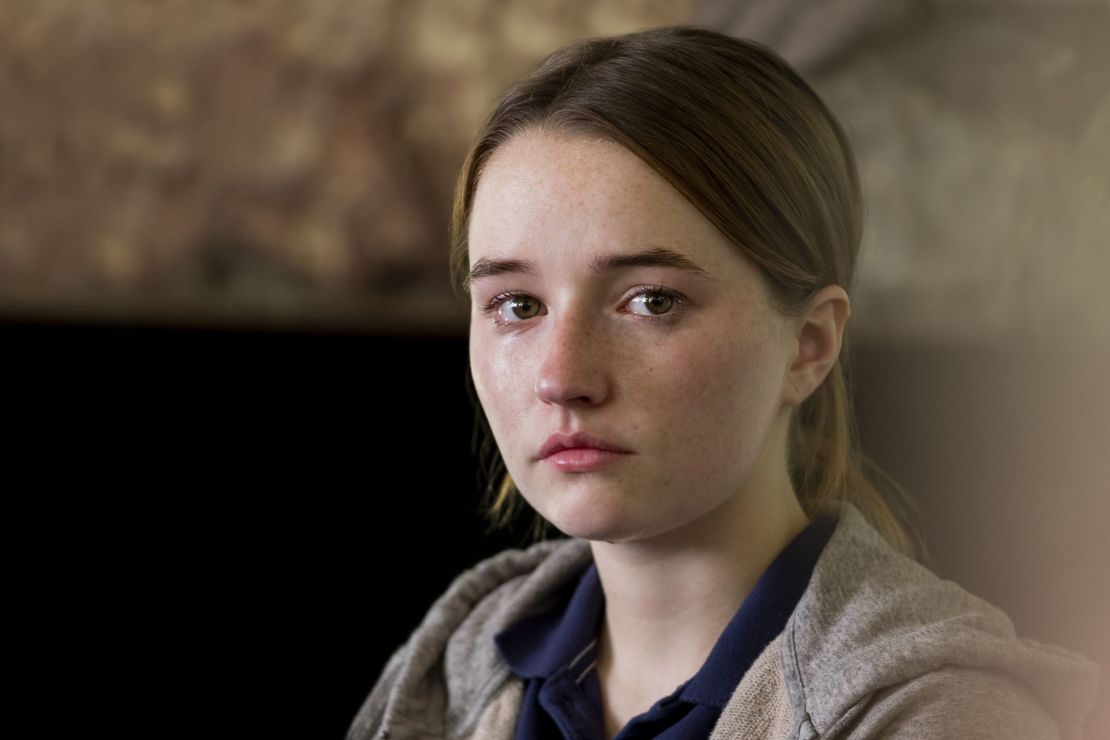“Unbelievable” was going to be provocative under any circumstances, focusing on a Pulitzer Prize-winning article about how a serial rapist evaded detection for some time, in large part because police were unwilling to believe his victims.
Yet the timing of the Netflix series, which premiered on Sept. 13, turned out to be unexpectedly fortuitous in striking a raw nerve, coinciding with new reporting regarding Supreme Court Justice Brett Kavanaugh; and a host of coverage surrounding the release of “She Said,” the new book by New York Times reporters Jodi Kantor and Megan Twohey, whose coverage of Harvey Weinstein two years ago triggered various hashtags (#MeToo and #TimesUp among them) and a broader conversation about how the culture approaches allegations of sexual assault.
“Unbelievable” isn’t a perfect analogy in some respects, since the culprit isn’t rich or poitically connected. But its message – about the indifference of the authorities, prompting a young woman to recant her initial statements – comes through loud and clear.
The story actually operates on twin tracks, following the case of Marie Adler (“Booksmart” star Kaitlyn Dever), then 18, who filed a report in 2008 claiming she was sexually assaulted by an intruder in her home.
The detectives who interview her, however, don’t believe her story. Under pressure, Marie eventually says that she made it up, and must endure the consequences of that until a pair of female detectives (played by Toni Collette and Merritt Wever) begin putting the pieces together, interviewing other women in a seemingly unconnected series of rapes.

“So basically, you were assaulted twice,” a therapist, hearing the details of the story, tells Marie during a court-mandated counseling session. “Once by your attacker, then again by the police.”
The eight-episode series is based on an article by The Marshall Project and ProPublica, “An Unbelievable Story of Rape,” as well as an episode of NPR’s “This American Life.” The series features a producing team that includes Susannah Grant (whose credits include “Confirmation,” the HBO movie about the Anita Hill-Clarence Thomas hearing) and Lisa Cholodenko (who directed the Emmy-winning HBO miniseries “Olive Kitteridge”) as well as Katie Couric.
As viewers binged the series – which carries a viewer-discretion advisory – many took to social media to praise it, with some pointing out that both the show and the latest Kavanaugh coverage, which also involves questions about believing women, were simultaneously trending on Twitter.
At an early screening of “Unbelievable” in July, Grant recalled that the producers were working on the project when the #MeToo movement started to pick up steam.
“We actually sat down together and said, ‘Does this change anything?’ And we didn’t really think that it did,” she said. “This is incredibly relevant now. I also think it’s always been incredibly relevant. Yes, it’s timely, but it’s always been.”

